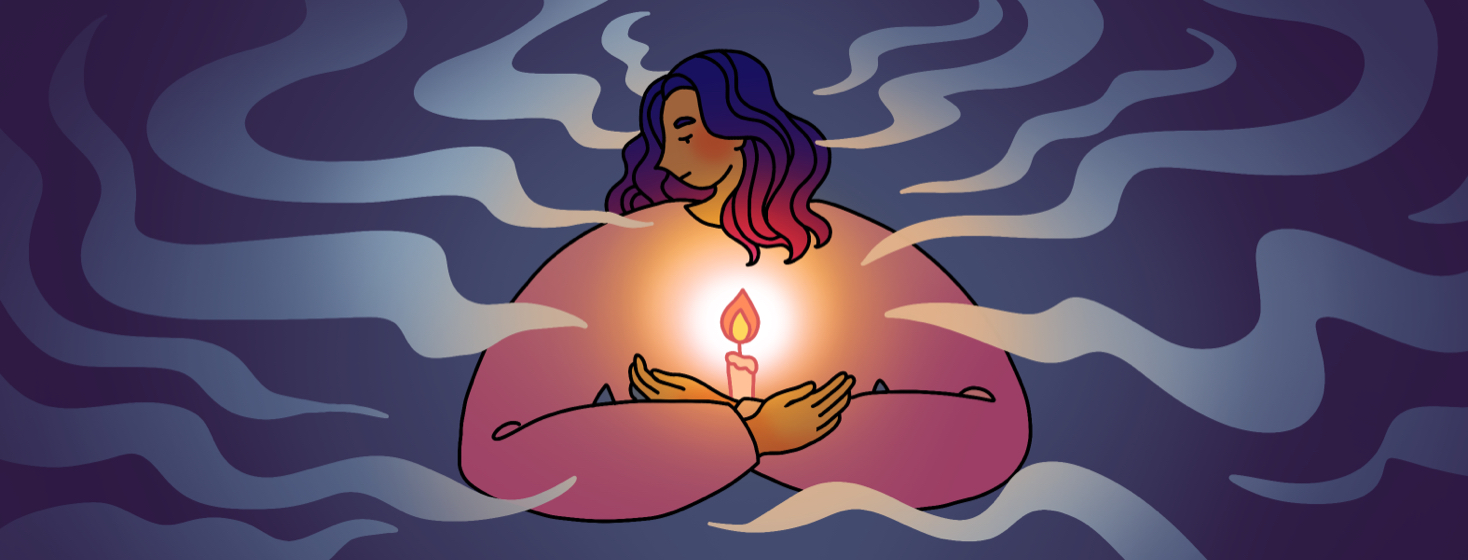Navigating the Holiday Season
The holiday season doesn’t always find us full of good cheer and warmth. Many are grieving the loss of loved ones and often their own health.
Especially those of us affected by a lung cancer diagnosis, whether it’s a fresh and recent diagnosis or you’ve been on the journey.
The holidays can bring a heightened whirlwind of emotions. However, it’s important to maintain resilience and find our balance as best we can while keeping our focus on intentional living.
Learning how to adjust
The holidays are busy and often hectic without having to adjust to a new normal of undergoing a new treatment, side effects of treatment, debilitating fatigue, or simply just learning what this different lifestyle looks like. If you are a caregiver, you are also learning how to adjust to the changes and scheduling.
The things that you used to do in years past might also change. It’s very important to listen to your body and only do what you feel like you can and want to do. Your friends and family will understand if you can’t attend an event.
If you are the usual host, you can make other arrangements by changing the venue or simply asking for help to get to your home and all that goes into the preparation.
Emotions of the season
The physical and emotional component of a cancer journey is also something that we must learn how to adjust and shift as best we can. We hear our loved ones and others mention plans for the next year, and sometimes, for the cancer patient, the uncertainty of next year is at the forefront of our minds. It might be difficult to hear or discuss something a year away.
We should, however, continue to make those plans, but we tend to think about those things more than someone not dealing with abrupt health changes. It’s important also to evaluate your emotional health.
As cancer patients, we often grieve what once were the plans we had for ourselves, perhaps the career that we lost, and the list goes on.
For me personally, this grief of self often amps up during the holiday season. I often feel like it helps to reach out to someone outside of my family and talk about it. I call it a realignment.
Sometimes, this person looks like a pastor or mentor, and sometimes, it looks like a licensed practical counselor. This is something that has helped me during past holiday seasons. Many have different ways of coping with the heightened anxiety that can show up during the holiday season.
You want to maintain some normalcy, of course. I feel like when I was first diagnosed, my family and friends thought I was helpless and unable to do anything.
I feel like it’s completely appropriate to open the lines of communication, whether you are a cancer patient or caregiver, and talk about what the cancer patient would like or would not like to participate in for the holiday gatherings to maintain balance.
Sometimes, it’s a day-by-day scenario, and I think family and friends can and do respect that. However, if you are simply not feeling well and you just can’t attend to everything, it’s perfectly fine to decline invites.
Shift in perspective
The holidays are definitely a time to make memories and cherish the times spent with family and friends, whether over a meal or around the family room in front of the fireplace, reminiscing about older and most likely simpler times. The holiday season can be difficult for cancer patients and caregivers, but the season can also bring an incredible perspective shift.
That perspective shift, in my opinion, is simply finding gratitude in the moment at hand. I try to shift my thoughts to the things that I get to do instead of thinking about the things I have to do or can’t do.

Join the conversation